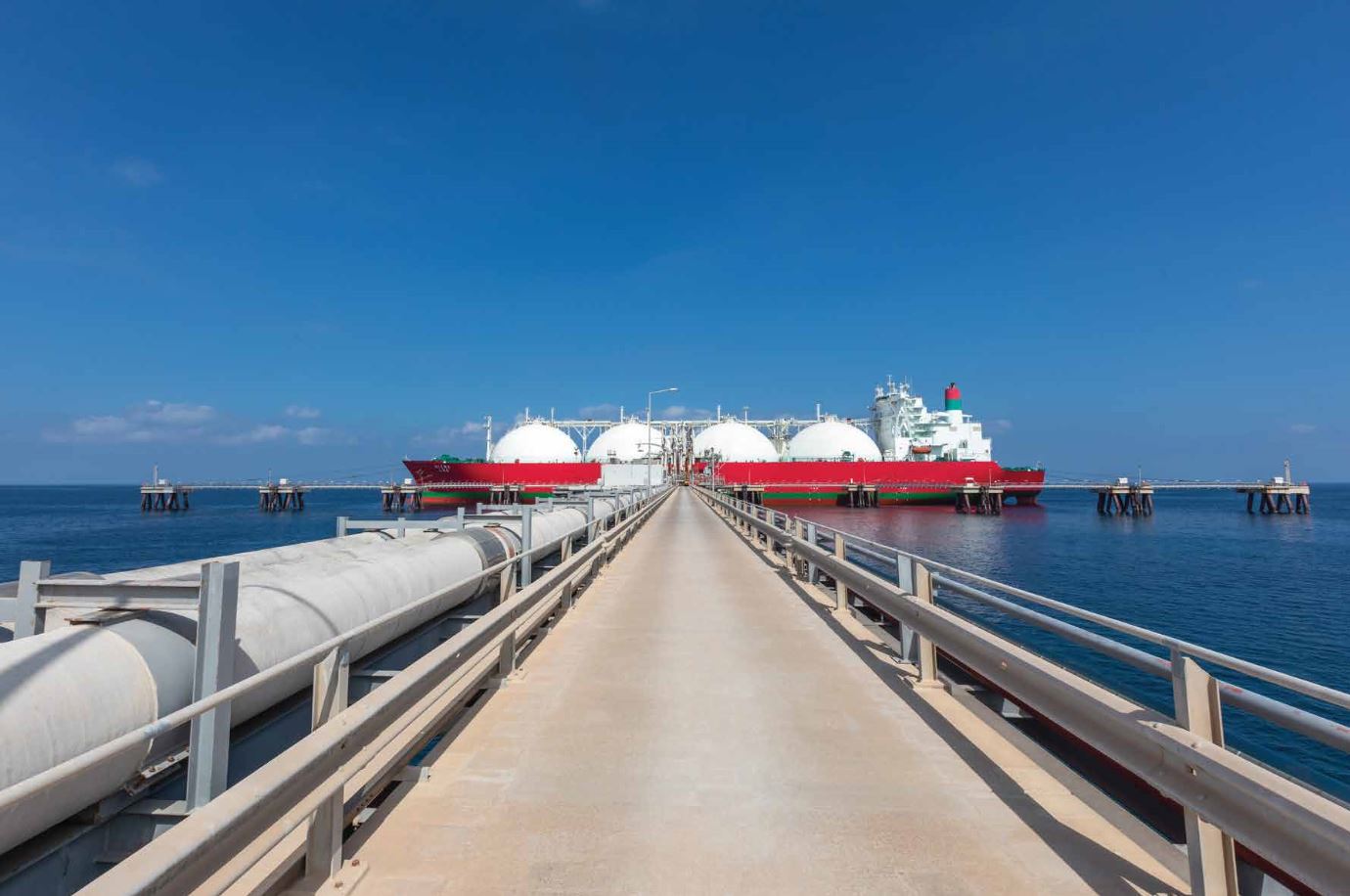State-owned producer Oman LNG has reported a decline in production for 2020 as revenue also dropped due to lower prices hit by the Covid-19 pandemic.
The producer operates three LNG trains in Qalhat, near Sur with a total capacity of 10.4 million tonnes per year sourcing gas from the central Oman gas field complex.
The government of Oman holds 51% in Oman LNG while energy giant Shell has a 30% stake. Other shareholders include Total (5.54%), Korea LNG (5%), Partex (2%), Mitsubishi (2.77%), Mitsui (2.77%) and Itochu (0.92%).
Oman LNG said in its annual report it had shipped in total 155 cargoes or 10.2 million tonnes of liquefied natural gas last year.
This compares to 166 cargoes or 10.7 million tonnes of LNG the producer has exported in the year before.
Oman LNG said its revenue dropped to $2.5 billion from $3.84 billion a year earlier.
Moreover, net income after tax dropped to $663 million from $1.11 billion in 2019, the producer said.
“The Covid-19 pandemic took the fossil fuel industry by storm. Every arm of our operation was stretched in its capacity to weather the financial fallout without compromising our core values,” Harib Al Kitani, who retired as Oman LNG’s CEO, said.
Worth mentioning here, Shell has recently signed a deal with Oman LNG to ship the first carbon-neutral cargo from the export facility in Qalhat.
The cargo would be the first carbon-neutral LNG from the Middle East, according to the duo.

